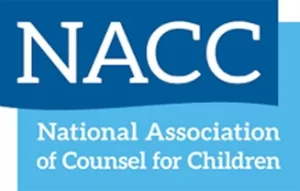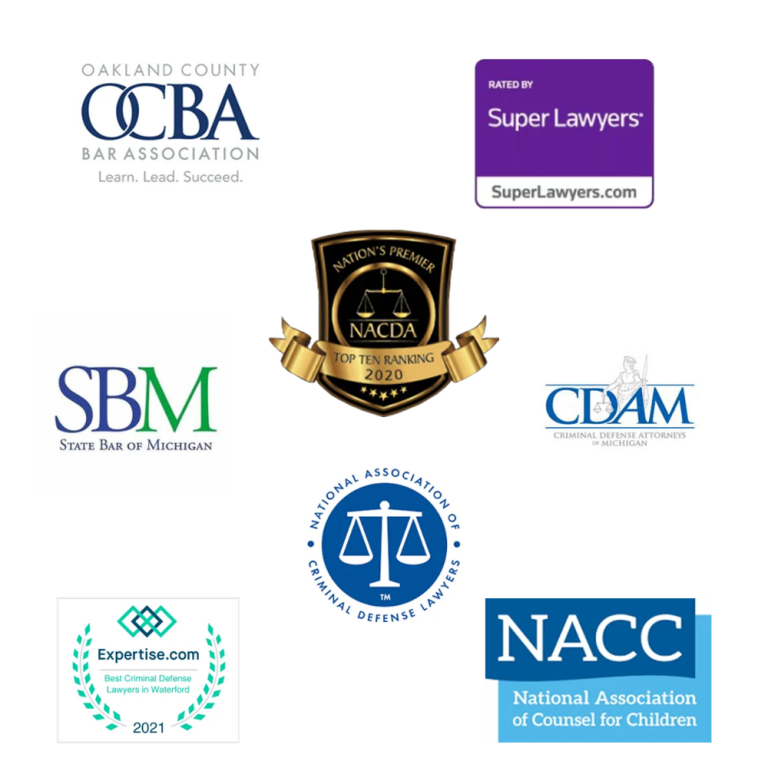Memory, dissociation and traumatic events
On Behalf of Kirsch Daskas Law Group | Jun 15, 2020 | Sexual assault |
When a traumatic event takes place, it puts a lot of stress and pressure on a person’s brain. The brain can interpret this as a type of harm and then try to protect itself.
To do so, it uses a process known as dissociation. This is a form of reality detachment. The brain basically “forgets” the traumatic event by blocking out the memory.
In some cases, the person may not forget everything. They know something happened, and they have a memory of the intense emotions. They may even remember much of the event but find themselves very fuzzy on the details.
This is important in sexual assault cases because they are, by their very nature, traumatic for the victim. If that makes it harder for the victim to remember the details or perhaps large portions of the event, does that impact their testimony? If they pick someone out of a lineup and claim they were the one who committed the crime, how accurate is that claim?
Naturally, this isn’t to put any sort of blame on the victim. But it’s still important to consider because they may accidentally pick out the wrong person and accuse someone who did nothing wrong. If they can’t remember enough about the event to make an accurate identification, that person then stands accused even when they know they’re innocent. This is one of the most frightening positions in which you can find yourself.
If you’ve been wrongfully accused after a traumatic event like this, make sure you know what legal options you have. Your very future could hang in the balance, and you need to know what steps to take.










